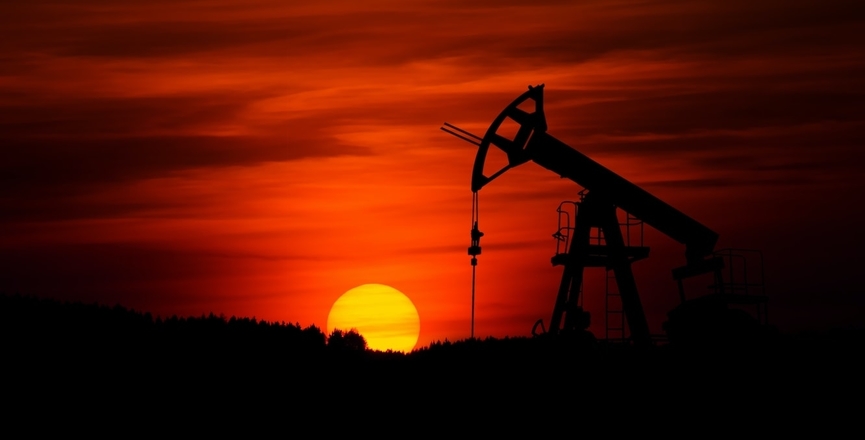As Alberta launches its 10-year plan for “transformational change” in post-secondary education, a new study suggests the province’s universities and the government agencies that fund them are helping to prolong the worst aspects of the fossil fuel era.
Alas, by trying to make oil and gas great again when there’s plenty of reason to conclude that’s a forlorn hope, Ottawa and the Alberta government aren’t doing any favours for the taxpayers who are paying for this stuff.
The study by University of Alberta political economy professor Laurie Adkin — “Knowledge for an Ecologically Sustainable Future? Innovation Policy and Alberta Universities” — makes it clear we’re putting the lion’s share of public money into fossil fuel research and technology development, an approach that may have seemed like a good idea when it started given Alberta’s natural resources, but that’s not so helpful in the epoch of global climate change.
Doubling down on a bad bet and largely ignoring sustainable food production, water management, renewable energy “and other dimensions of a good life in a carbon-constrained future,” is probably not what Albertans and Canadians need their public universities to be doing right now, Adkin’s research suggests.
The report, released this morning by the Parkland Institute and the Corporate Mapping Project, examines how the federal and Alberta governments prioritize research spending by tracing money from multiple public and private sources over 20 years. Unsurprisingly, it uncovered a pattern of heavy spending on carbon-extractive activities and far less for renewable energy, energy efficiency, conservation, social planning or sustainable agriculture.
This won’t come as a surprise to anyone who’s lived in Alberta very long and been paying attention, but it’s still helpful at a moment the sun seems to be setting on Alberta’s fossil fuel industry — no matter how angry that makes Jason Kenney and his United Conservative Party government.
It’s particularly relevant because the UCP is planning what it calls transformational change of post-secondary education in the province with the supposed goal of training “the workforce of tomorrow.” This will be hard to do, of course, when energy extraction in Alberta increasingly looks like yesterday’s industry.
Adkin and Parkland Institute researcher Laura Cabral found that from 1999 to 2016, 64 per cent of funding from the Natural Sciences and Engineering Research Council for energy research at the University of Alberta and University of Calgary went to fossil-fuel-related research and development, and only 11 per cent to renewables, energy efficiency and conservation, fuel cells and biofuels combined.
Canada Foundation for Innovation funding for energy projects favoured fossil fuels R&D over the other categories of energy research by a four-to-one ratio, they found, while provincial agencies have allocated about $6.4 billion to fossil-fuels-related research since 1997, almost two-thirds of it in the form of royalty credits or grants to corporations.
So let’s not pretend, as Premier Kenney sometimes likes to do, that there are no public subsidies for Canada’s oil and gas industry!
In contrast, the report said, alternative energies and energy efficiency R&D added up to only four per cent of the amount invested, and the investment in environmental research and climate science to only three per cent. “Investment in sustainable agriculture — from any agency — is negligible.”
Instead of a misleading sustainable development discourse embraced by politicians and university administrators that imagines fossil fuel extraction can be reconciled with climate change science, Adkin argued, we should be thinking about how to provide sustainable livelihoods and a high quality of life within ecological limits.
That “will require vocal and principled leadership on the part of academics and university administrators,” she said.
The Parkland Institute is a public policy research institute in the faculty of arts at the University of Alberta. The report was undertaken as part of the Corporate Mapping Project, a six-year research and public engagement initiative supported by the Social Sciences and Humanities Research Council of Canada and jointly led by the University of Victoria, the Canadian Centre for Policy Alternatives, and the Parkland Institute.
David Climenhaga, author of the Alberta Diary blog, is a journalist, author, journalism teacher, poet and trade union communicator who has worked in senior writing and editing positions at The Globe and Mail and the Calgary Herald. This post also appears on his blog, AlbertaPolitics.ca.
Image: Zbynek Burival/Unsplash




